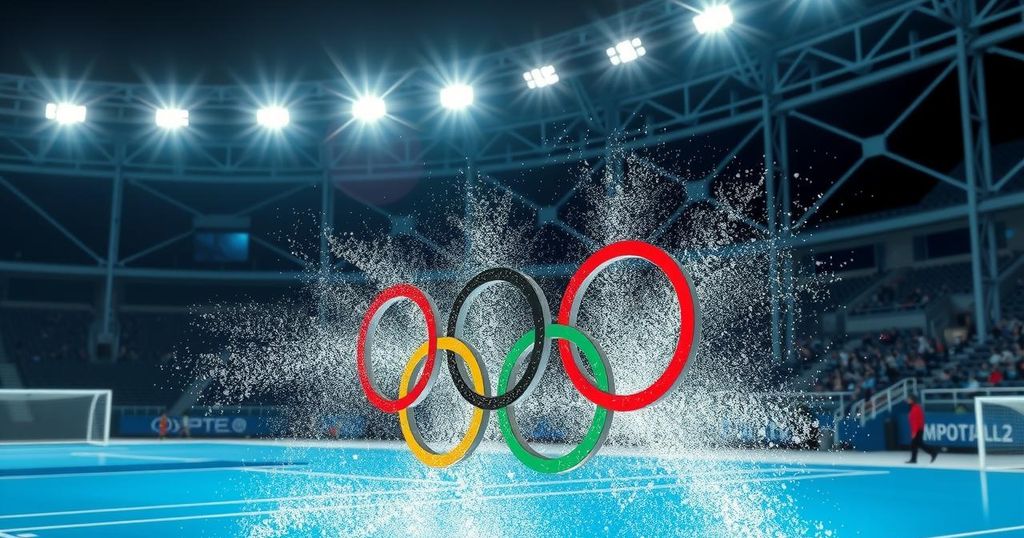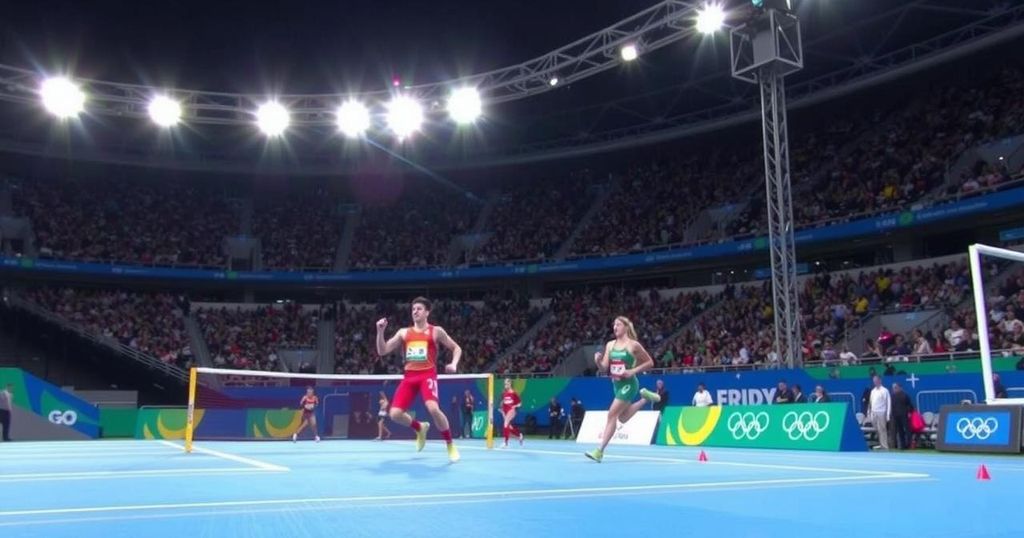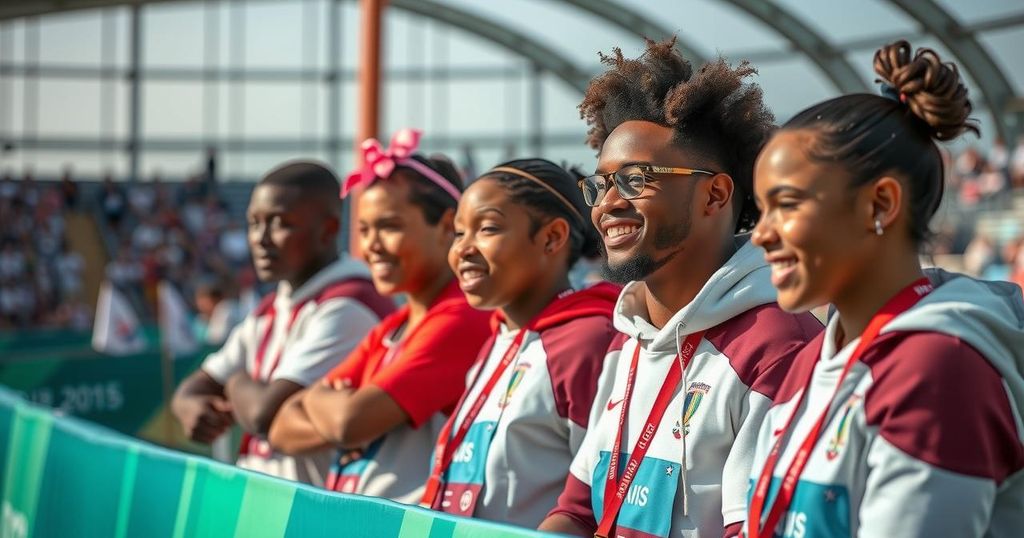Sports
” BACH, EUROPE, EVENT PLANNING, FRANCE, GRAND PALAIS, INTERNATIONAL, INTERNATIONAL OLYMPIC COMMITTEE, IOC, OLYMPIC GAMES, OLYMPICS, OPENING CEREMONY, PARIS, PARIS 2024 OLYMPICS, PARIS OLYMPICS 2024, PLACE DE LA CONCORDE, PONT D ' AUSTERLITZ, SEINE RIVER, THOMAS BACH, XIAO YAZHUO
Dante Raeburn
2024 Olympic Movement: A New Era of Legacy and Innovation
The Olympic Movement in 2024 sees significant advancements with the Summer Olympics’ return to Paris, emphasizing gender equality, sustainability, and technological integration. The IOC introduces reforms such as the Olympic AI Agenda and innovative qualifiers to engage younger audiences, all while preparing for a leadership transition as President Thomas Bach concludes his tenure.
The year 2024 is pivotal for the Olympic Movement as it marks the return of the Summer Olympics to Paris, an event anticipated since the Games last occurred there a century ago. The International Olympic Committee (IOC) has made substantial reforms aimed at modernizing the Olympics, including the integration of artificial intelligence, expanded event formats, and a focus on inclusivity and sustainability. These developments underscore the IOC’s commitment to appealing to younger audiences while maintaining the tradition of Olympic values.
The Paris 2024 Olympics will commence on July 26, featuring a groundbreaking opening ceremony along the Seine River, departing from the conventional stadium setting. Athletes from 205 national delegations will navigate a six-kilometer route by boat, showcasing both the city’s historic landmarks and diverse urban environments. Iconic venues like the Eiffel Tower will host events like beach volleyball, bringing sports to the heart of Paris and emphasizing the city’s energy and cultural richness.
A significant advancement in this year’s Games is the achievement of gender equality, with male and female athletes participating equally, each comprising 50 percent of the total. The event also introduces more mixed-gender competitions, reflecting the IOC’s commitment to equity in sports. Moreover, the Paris Olympics embraces sustainability with ambitious goals of reducing carbon emissions significantly, utilizing existing venues, and ensuring that newly constructed facilities serve local communities post-Games.
This year is marked by leadership transitions within the IOC, as President Thomas Bach approaches the conclusion of his term. With seven candidates vying for the presidency, the upcoming election is expected to shape the future direction of the Olympic Movement. The IOC anticipates this change will bring new opportunities alongside the challenges posed by shifts in partnerships, especially with notable Japanese corporations withdrawing from the Olympic sponsorship program.
Additionally, the IOC’s Olympic AI Agenda emphasizes the role of artificial intelligence in enhancing various aspects of the Games, from live broadcasting to ensuring fair play through innovative technologies. Esports are gaining traction as part of the IOC’s reform strategy, aiming to connect with younger audiences, albeit with the challenge of aligning these activities with core Olympic values. The introduction of the Olympic Qualifier Series further exemplifies this effort, merging sport with cultural experiences to engage audiences more effectively.
As the Olympic Movement navigates these transformations with evolving leadership and technological advancements, it is well-positioned for a new era of inclusivity, sustainability, and global unity that extends beyond the Paris Games into subsequent events.
The Olympic Movement has continually evolved to adapt to changing societal values and technological advancements. The return of the Summer Olympics to Paris in 2024 not only evokes nostalgia but serves as a platform for the IOC’s broader agenda of inclusivity and modernity. The integration of artificial intelligence and emphasis on sustainability reflect a strategic effort to engage younger generations while upholding the integrity of the Olympic spirit. Additionally, the anticipated leadership transition within the IOC adds another layer of significance to the upcoming Games, potentially influencing the future trajectory of international sports.
In summary, 2024 is a landmark year for the Olympic Movement, spotlighted by the historic return of the Summer Olympics to Paris, highlighting gender equality, sustainability, and the integration of technology. The reforms implemented by the IOC reflect a commitment to modernizing the Olympic experience while maintaining core values. As the organization evolves with new leadership, it prepares to navigate future challenges and opportunities, embodying a unified front in global sporting excellence and cultural engagement.
Original Source: english.news.cn







Post Comment